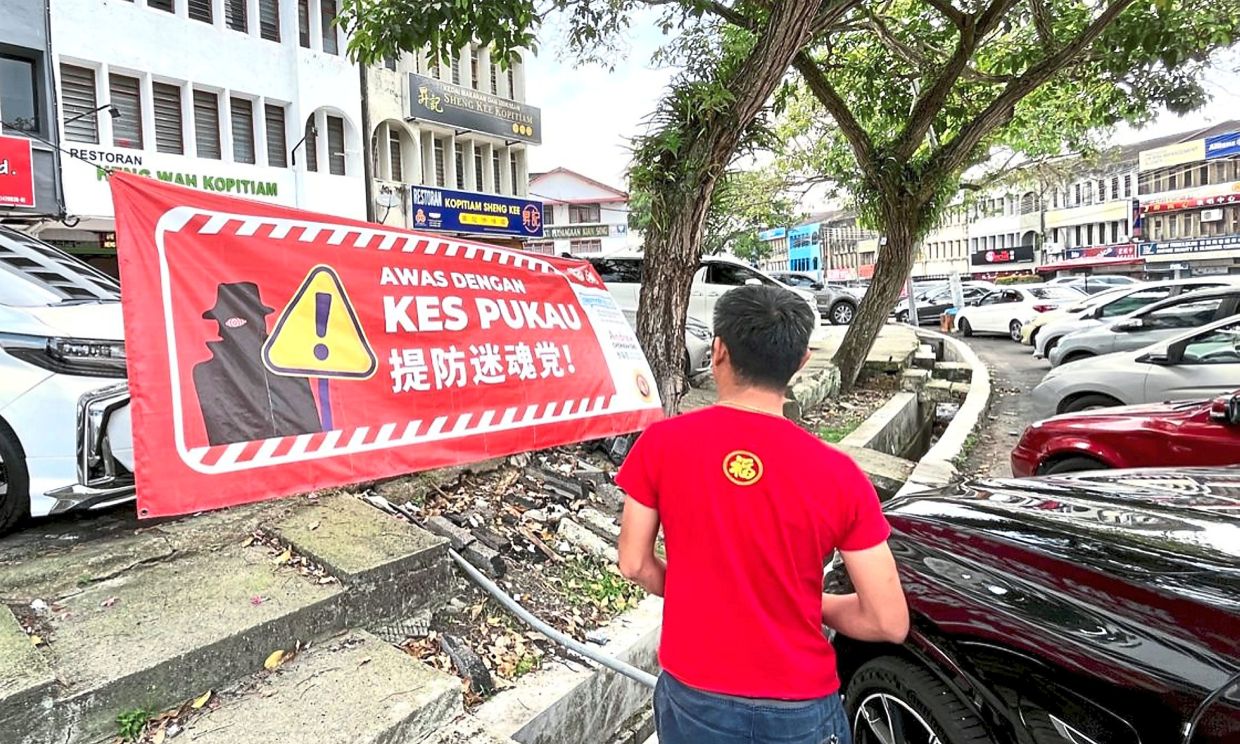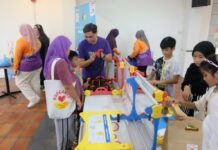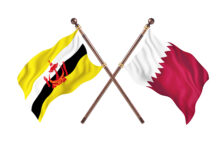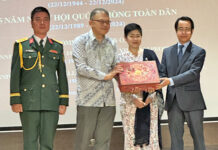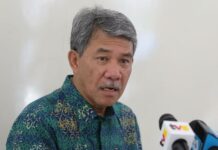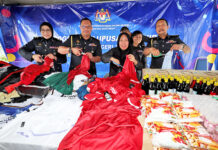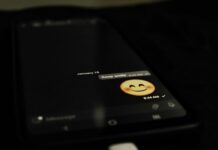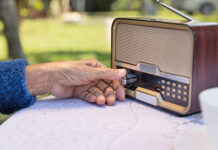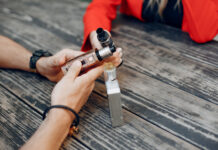JOHOR BARU (ANN/THE STAR) – A 72-year-old woman, who was approached by three strangers at a wet market in Johor Baru in June, almost ended up handing them her savings and jewellery.
She was saved by nature’s call as the woman, who only wanted to be known as Tan, said she had an upset stomach and had to leave mid-conversation.
Otherwise, she believed she could have become a victim of “pukau” (black magic).
“I had just finished shopping at the morning market and was loading my things into the car. That was when a woman came up to me.
“She asked if I knew of any physician. She wanted to seek help for her husband who recently suffered a misfortune, that had led to a string of health problems.
“Then a second woman came along, saying she could recommend a physician. Although I felt odd, somehow I followed them as they walked towards an alley,” said Tan in an interview.
Recounting her encounter with the cheat in June, Tan said then a third woman came along, claiming she was the daughter-in-law of the physician.
“She (the third woman) took one look at me and told me that bad luck had befallen my family and suggested we go to a quieter place – her car – where she could tell me more.
“When we got into the car, she started asking me about my children, personal savings and jewellery. Surprisingly, I told her everything.
“She then told me to go home and put all my valuables in a paper bag and fill it with uncooked rice before handing it over to her to perform a ritual to ward off the bad luck.
“But then I had a stomach ache and excused myself. I went to a restaurant where I was supposed to meet a friend for breakfast. I related the incident to my friend and she told me that I had almost become a victim of a ‘black magic’ scam,” she said.
In another case, a 68-year-old woman named Ng was not as lucky as she lost about RM40,000 in savings and jewellery to three strangers she met at another wet market on June 3.
These strangers, estimated to be in their 40s and 50s, had approached Ng one by one.
It all started with the first woman asking Ng where she could buy Chinese herbs.
A second woman joined in, claiming that she knew a “sifu” (master) who would give free treatment.
She offered to drive them to see the sifu when Ng told them that her husband had been unwell.
Ng said when they got to the car, she saw another woman inside the vehicle.
This third woman told Ng that bad luck would befall her children and that she should seek help from the sifu.
“They convinced me to return home and place my money and jewellery into a paper bag before meeting them again for a ritual to ward off the bad luck.
“I could only remember them telling me to hold onto the paper bag tightly while chanting my children’s name until they left.”
To her horror, Ng later discovered that there were only two bottles of water and a small bag of rice in the paper bag.
She believed that she had been put into a “trance” by the women.
Although there had been many of such cases where victims claimed that they were “hypnotised”, the Malaysian Society of Clinical Hypnosis (MSCH) – made up of trained medical professionals – said otherwise.
MSCH president Datin Dr Thema Abdul Majid said hypnotherapy was the use of hypnosis to treat medical or psychological disorders and should not be confused with the tactics of syndicates to persuade their victims into doing their bidding.
“Pukau or being put under a spell is not hypnosis. Pukau is usually associated with an intention to manipulate and cause harm.
“It is used without consent where techniques such as charming language, touch, staring into the eyes and a shock factor are used to scare the victims into thinking that they may be in grave danger if they do not seek help.
“This usually involves handing over their valuables in exchange for certain rituals,” she said in an interview.
She said many were confused with the concept and this had led to hypnotherapy being cast in a negative light.
In hypnotherapy, Dr Thema said medical professionals apply hypnosis techniques to encourage the patient’s unconscious mind to find solutions to their health problems.
“Patients usually seek hypnotherapy to address health concerns like anxiety, phobias, weight management, smoking cessation, terminal illness, pain management, unhealthy habits, insomnia, childhood or adolescent issues, and substance abuse.
“It is important to note that during hypnosis – unlike what is typically depicted on TV shows – the patient, while feeling relaxed and comfortable, is fully in control of himself.
“It is done with consent and patients can open their eyes any time and reject whatever that does not resonate with them.
“It is definitely not a practice of putting the patients into a trance by just snapping our fingers.
“The patient must also be willing and cooperative to go into a hypnotic stage. It cannot be forced.
“MSCH hopes to eliminate the confusion as the field of hypnosis is growing rapidly not only in Malaysia but globally.
“Inaccurate representation will set our progress back and prevent patients from receiving much-needed assistance as the healthcare system is moving towards a holistic way of healing,” she added.
Dr Thema, who is also the medical director at the London College of Clinical Hypnosis (LCCH) Asia, said hypnotherapy was recognised by the British Medical Association in 1892, and later recommended for inclusion into the medical curriculum in the 1950s.
In Malaysia, formal training for clinical hypnotherapy was introduced in 2006, she said.
She added that in the early days of the COVID-19 pandemic, MSCH and LCCH operated a virtual therapy platform, launched by then Health deputy director-general for public health Datuk Dr Chong Chee Keong, to help people suffering from anxiety and depression during the lockdowns.
